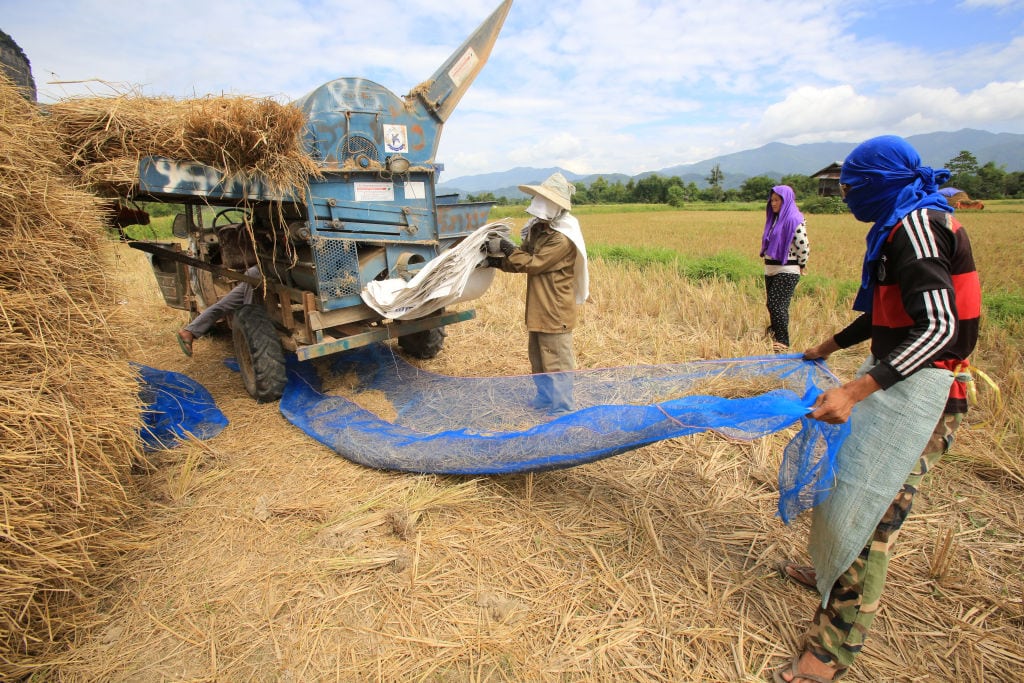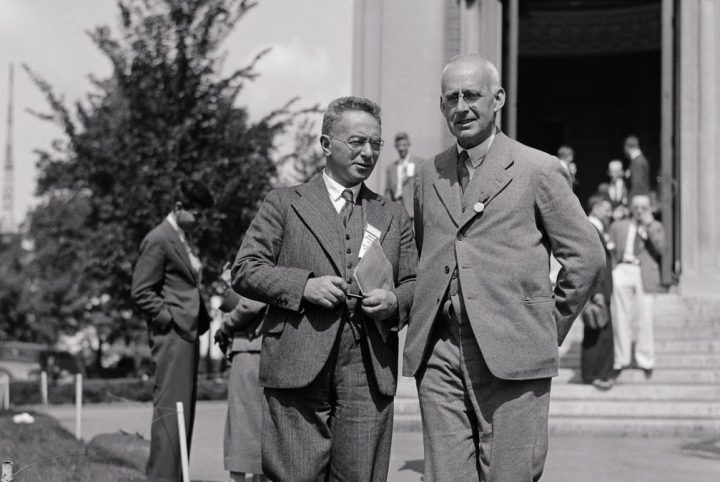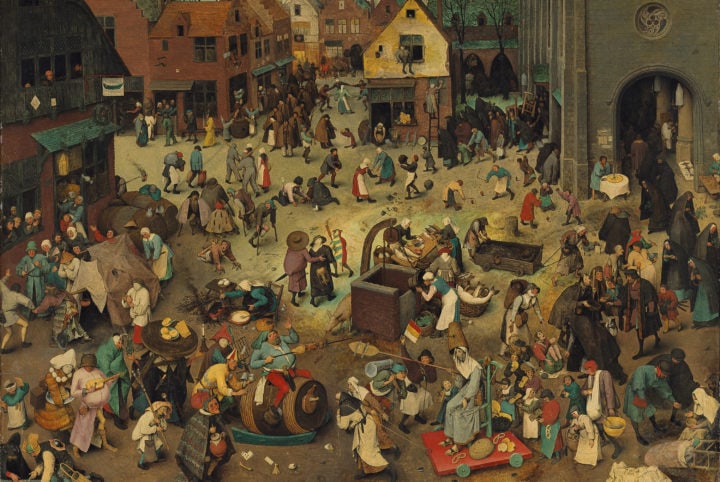
Business researchers are using an experimental game to help farmers in Laos collaborate to control rodents, reduce damage to their rice crops and boost food supply.
Rodents in Laos are greedy varmints. For generations, rice farmers have struggled to prevent them from eating their valuable crops with culling measures that have had limited success.
Part of the reason is that there is a requirement for a group approach to such pest control. If just one farmer kills rats on their property, but the others don’t, there is little point – rats from neighbouring farms will just mosey on down to the next property caring nothing for property boundaries.
To have any impact at all, farmers needed to tackle the issue collectively. And yet it seems that people, in general, do not always behave rationally in order to maximise their gains.
In research recently published in PNAS, researchers from Monash Business School studied the feasibility of using a ‘framed’ economic game as an approach to promote cooperation among the farmers, reduce losses and increase food security in Laos.
A ‘framed’ economic experiment refers to the use of real participants in the field, making real-life decisions. Dr Paulo Santos, a lecturer from the Department of Economics has long-held interest in looking at the intersection of economics and sociology along with economics and natural resource management.
Over the past few years, a grant from the Federal Government’s Australian Centre for International Agricultural Research (ACIAR) has allowed him and former Monash Business School colleague Stefan Meyer, along with Fue Yang (National University of Laos) to assist the Lao farmers who suffer huge losses to rice yields due to rodents.
“They were losing around 20 per cent of their crop. It’s not a new problem but we wanted to understand how to get people to cooperate to practice rodent control so that the (rat) population did not rebound.” The approach to change cooperation norms was to play a “framed” cooperation game, reflecting in a simple way farmers’ experience with this pest.
Playing the game
The game was played as part of a project aimed at evaluating effective ways to promote food security and implemented in 36 villages in Viengkham and Pakxeng, two districts in the province of Luang Prabang in northern Laos.
“We collected data from 12 households per village in November 2017 and December 2018, with one additional survey collected in May 2018 (at the start of the main rice-producing season and immediately before the game was played),” he says.
“Half of the villages were randomly allocated to treatment (play the game), while the remaining were used as control.”
In June 2018, all 36 villages received a short training on rodent control, delivered by local extension officers and focused on the implementation of collective rodent hunts.
“We wanted to test is whether playing the game leads to changes in cooperation in the field during the forthcoming production season and, ultimately, to a reduction in the area damaged by rodents,” Dr Santos says
“In addition, we want to understand the mechanisms that drive any change in behaviour, distinguishing between learning about the benefits of collective and learning about other players’ willingness to cooperate.”
Pulling together and cooperating
The challenge, then, was how to coordinate multiple farmers into practising rodent control over an extended period of time, when there are incentives to free-ride on others’ efforts to reduce pest pressure.
Dr Santos says the game simulates this coordination problem in a simplified way.
“Players have to decide whether to contribute to reducing pest pressure by deciding how much time to allocate to the production of a private good (rice), knowing that the payoff also depends on how much time the group, as a whole, allocates to rodent control,” he says.
“By focusing on this the researchers determined that the social optimum being achieved when everyone contributes some time to rodent control, that is, when they do something that benefits both the individual and the group.”
Reaping of the benefits of increased crops
Perhaps surprisingly, given the short intervention, households in villages where the game was played were significantly more likely to participate in rodent control training and in collective rodent control activities – participation rates were 9-11 per cent higher than in the control villages, respectively.
Dr Santos says these differences in behaviour translate into reductions in rodent damage in the rice plot, with households in treated villages reporting damage, on average, 20 per cent lower than in control villages.
The effect, he says, is economically important, as this damage reduction translates to approximately 80 kg of unmilled rice per household, roughly equivalent to two weeks of rice consumption by the average household.
“The people knew this is an important problem. The challenge was how do we do it collectively? If one farmer does not do this, then the whole group fails,” Dr Santos says.
“We showed that with the small cost of simulating this problem and the benefits of cooperating, even in a somewhat artificial situation, the benefits can be huge. And this happened because people learned something about others that they didn’t know before – that they are more willing to cooperate than they expected”.


